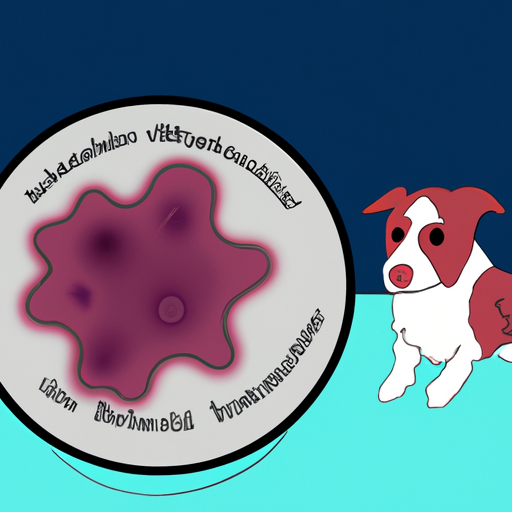Understanding Bordetella
You may have heard of Bordetella in passing, perhaps at the vet’s office or in a discussion with fellow dog owners. Bordetella, also known as kennel cough, is a highly contagious respiratory disease among dogs. Your furry friend may contract it from airborne droplets, direct contact with infected dogs, or contaminated surfaces.
Spotting the Symptoms
It’s crucial for you, as a caregiver, to recognize the signs of Bordetella. Your canine companion might show symptoms like:
- Persistent, harsh cough
- Sneezing
- Runny nose
- Loss of appetite
If your dog shows any of these signs, take them to the vet immediately. Remember, early detection can make a world of difference.
Prevention is Better than Cure
As the old saying goes, “an ounce of prevention is worth a pound of cure”. Since Bordetella is highly contagious, it’s best to take steps to prevent it. Here are some ways you can safeguard your dog:
-
Regular vaccinations: The Bordetella vaccine is not typically part of a dog’s regular vaccine schedule. Discuss with your vet and consider it, especially if your dog frequently interacts with other dogs.
-
Good hygiene: Regularly clean and disinfect your dog’s living area.
| Prevention Method | Description |
|---|---|
| Vaccination | Given every 6 to 12 months |
| Hygiene | Regular cleaning and disinfecting |
Treatment Options
If your dog is unfortunately diagnosed with Bordetella, don’t panic. There are several treatment options available, which may include antibiotics to combat the bacterial infection and cough suppressants to provide relief from constant coughing. Your vet will guide you on the best treatment plan.
Coping with Bordetella
Having a dog with Bordetella can be challenging. However, with the right care and treatment, your dog can recover fully. Provide a quiet and comfortable space for your dog to rest, ensure they stay hydrated, and follow all your vet’s instructions.
FAQs
Q: Is Bordetella dangerous for humans?
A: Bordetella is primarily a canine disease. It’s very rare, but not impossible, for humans to contract it, especially those with compromised immune systems.
Q: How long does Bordetella last in dogs?
A: With treatment, most dogs recover within two weeks. However, some dogs might continue to cough for several weeks.
Q: Can I prevent my dog from getting Bordetella?
A: Yes, regular vaccinations and good hygiene can significantly reduce the risk.
Q: Is Bordetella the same as kennel cough?
A: Yes, Bordetella is often referred to as kennel cough. However, kennel cough can also be caused by other bacteria or viruses.
Remember, your dog relies on you for their wellbeing. Stay informed, stay vigilant, and provide the best care you can.



